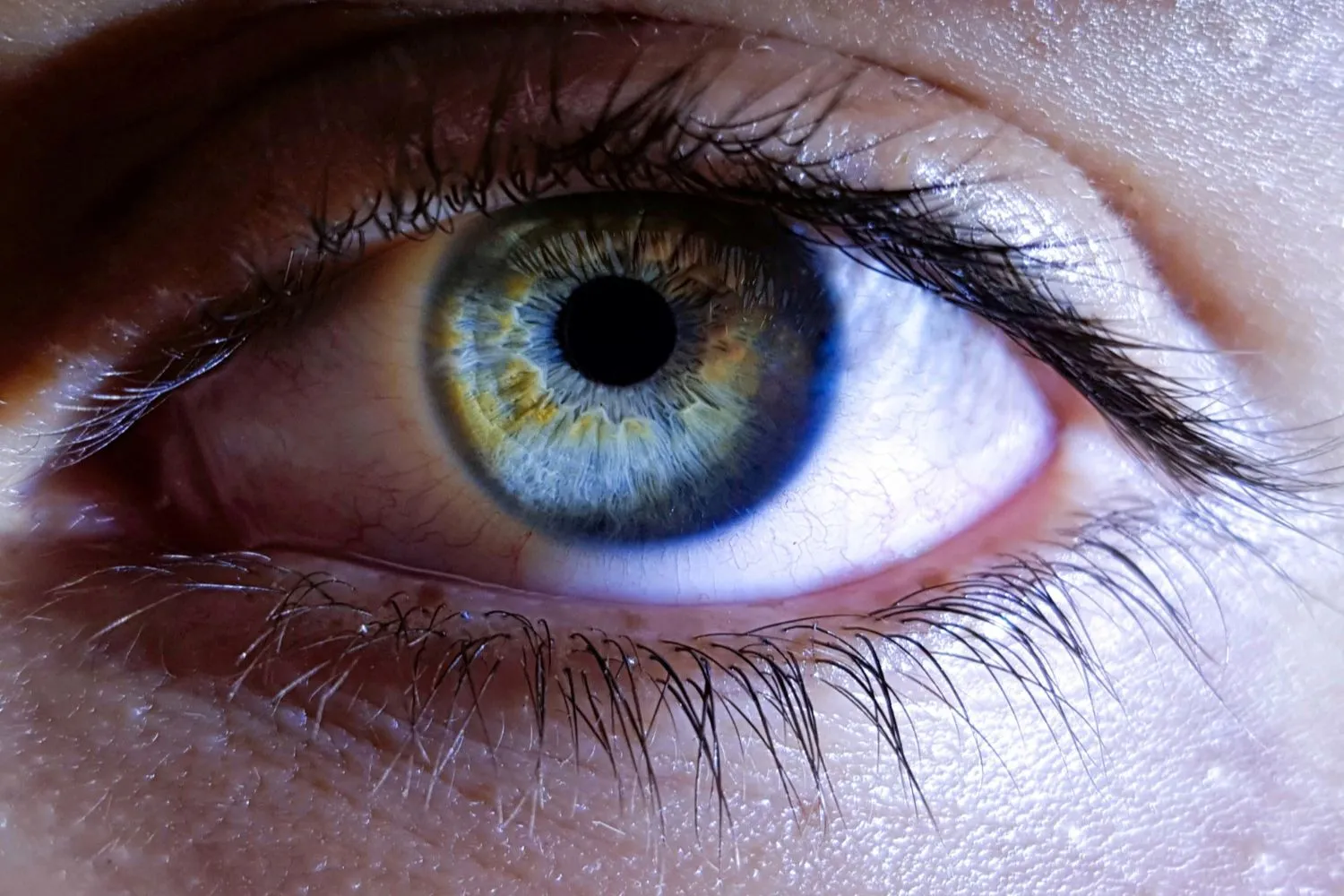Understanding Myokymia: Eye Twitching and Its Causes

Myokymia refers to involuntary, spontaneous muscle contractions, often manifesting as a twitching sensation, particularly in the eyelids. This condition is generally benign and can affect various muscles throughout the body, but it is most commonly associated with the eyelids.
Myokymia is characterized by localized quivering of muscles without joint movement. In the context of the eyes, it typically involves the orbicularis oculi muscle, leading to what is commonly known as eyelid twitching. This twitching can occur in the lower eyelid more frequently than in the upper eyelid and may last from a few moments to several days, although it can occasionally persist for weeks or even months in rare cases.
Types of Myokymia
- Ocular myokymia: This is the most recognized form, presenting as involuntary contractions of the eyelid muscles.
- Facial myokymia: This involves fine rippling movements on one side of the face and can indicate underlying neurological issues such as multiple sclerosis or brainstem tumors.
- Generalized myokymia: This type affects multiple muscle groups throughout the body and is often linked to more serious neurological conditions.

Causes of Myokymia
The exact mechanisms behind myokymia are not fully understood, but several factors are known to contribute:
- Stress and Fatigue: High levels of stress or fatigue can trigger eyelid spasms.
- Caffeine Intake: Excessive caffeine consumption is a common precipitating factor.
- Dehydration and Lack of Sleep: Both can exacerbate muscle twitching.
- Neurological Disorders: Conditions like multiple sclerosis may lead to myokymia in various body parts.
Treatment Options

- Most cases of myokymia are self-limiting and do not require medical intervention. However, if symptoms persist or worsen, several management strategies may be recommended:
- Warm Compresses: Applying warmth to the affected area can help relieve muscle tension.
- Antihistamines: These may reduce swelling caused by allergies.
- Lifestyle Modifications: Reducing caffeine intake, ensuring adequate rest, and minimizing screen time can help manage symptoms
While myokymia, particularly ocular myokymia, is generally harmless and resolves on its own, persistent symptoms warrant further evaluation to rule out underlying conditions. Understanding its causes and implementing simple lifestyle changes can significantly alleviate the discomfort associated with this common condition.
Book your appointment now for all eye-related services.
Your Vision Our Focus


